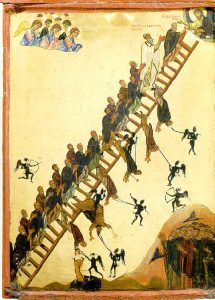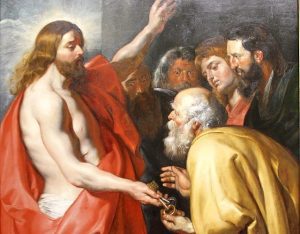Persian Gold, not always bad. Reading early historians like Plutarch and Herodotus shows an historical constant: Persians would rather use gold than armies to undermine and/or overthrow foreign governments.
Middle-eastern rulers have long known that bribes are cheaper than brigades.
When Catholic Fundamentalists apply this historical constant to Christianity, we find a plausible reason for the visit and gifts of the Three Wise Men.
It seems reasonable that Persian countries would do everything in their power to weaken Rome. Roman armies, after all, had been laying waste to large parts of what is now Iran, Iraq, and Syria.
When their theologians discovered, or had revealed to them, prophecies that told them when and where The Messiah was to be born , they naturally told their superiors.
One can easily imagine their king saying “Aha! We can help give the Jews a leader who will lead them to help us fight the Romans! We must send his parents enough money to keep him safe and gain His favor. Herod, or the Romans, will try to destroy him. He and his family have to leave the country. At the very least, his parents will have enough money to bribe border guards.”
It took another three or four centuries, but it was Persian gold that was an overlooked instrument in replacing the empire of the Romans with the Kingdom of God.





